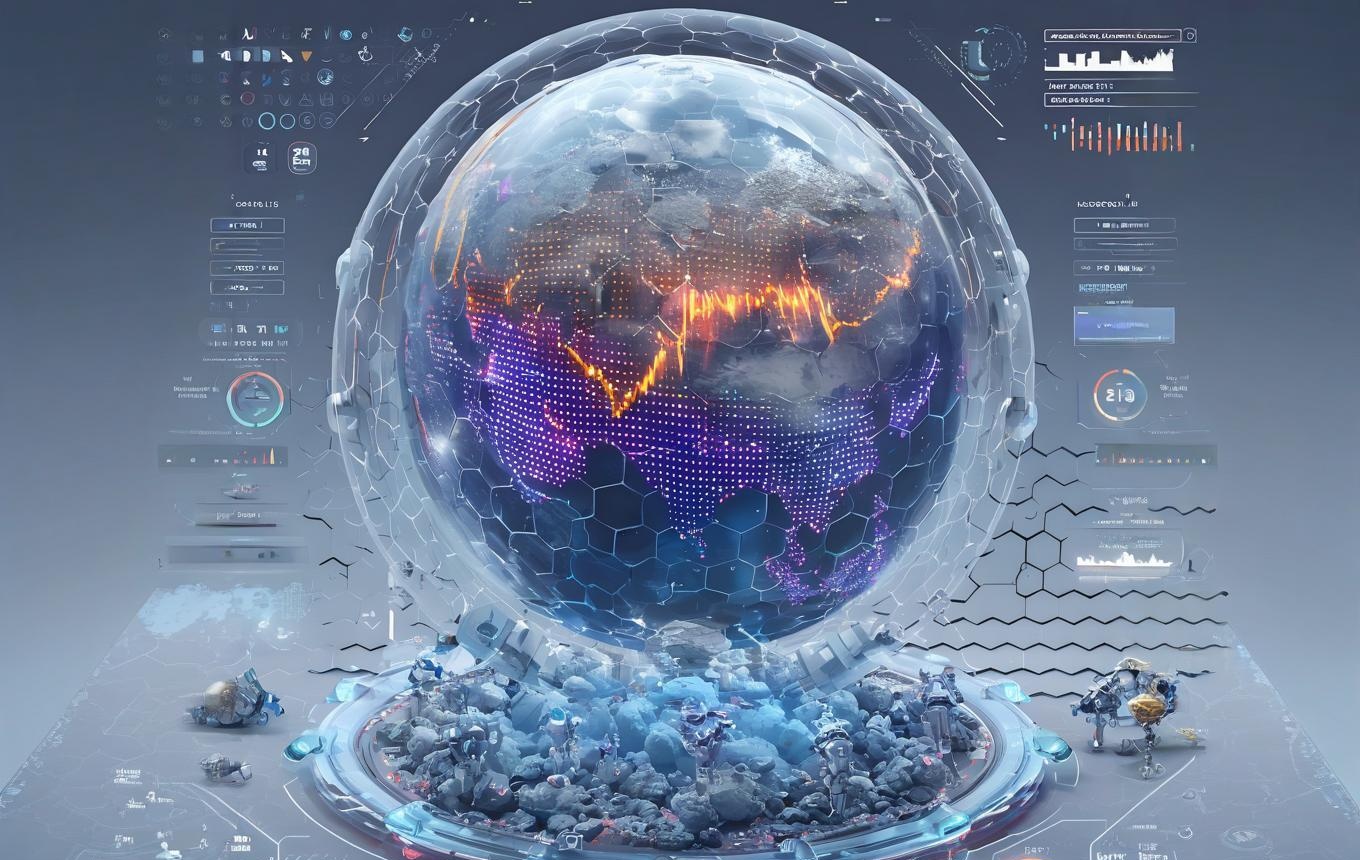AI News on June 26th

1. Computer Vision Expert Kaiming He Joins Google as Distinguished Scientist at DeepMind
On June 26, it was reported that Kaiming He, an expert in computer vision and deep learning, has joined Google. His personal webpage has been updated with the relevant information. Previously a tenured associate professor in the Department of Electrical Engineering and Computer Science at MIT, He will now serve as a Distinguished Scientist at Google DeepMind, continuing his research in computer vision and deep learning.
2. Anthropic Upgrades Claude to a No-Code Platform, Enabling Users to Build Interactive AI Apps
Anthropic announced on Wednesday that it has transformed its Claude AI assistant into a no-code application development platform, allowing users to create and share interactive apps without programming. This marks a significant evolution from a conversational chatbot to a functional software tool. Since its initial launch, millions of users have already created over 500 million "artifacts," including educational games and data analysis tools, with Claude's intelligence embedded to independently process inputs and dynamically adjust content in real time.
3. Anthropic UpgradeGemini CLI Goes Open-Source: Full-Stack Developer Assistance with 1 Million Free Tokenss Claude to a No-Code Platform, Enabling Users to Build Interactive AI Apps
On June 26, Google released the open-source AI agent Gemini CLI, bringing Gemini's capabilities to the terminal and providing developers with lightweight access. It supports natural language programming, helping with coding, debugging, and workflow optimization, while also serving as a versatile local tool for tasks like content generation. Individual developers can log in with their Google accounts to receive a free Gemini Code Assist license with various usage permissions, including a 1 million token quota.
4. Mobvoi Launches TicNote: Shadow AI Powers a Portable Thinking Companion
On June 25, Mobvoi unveiled its next-generation Agentic AI product, TicNote, featuring "Shadow AI" technology to serve as a portable thinking companion for meetings, classrooms, and other scenarios. The Shadow AI integrates note-taking, insights, and more, supporting over 40 templates for auto-generating meeting minutes, creating visual mind maps, and producing in-depth research reports. It also includes an "Aha Moment" feature, can sync with "Magic Sound Studio" for podcast conversion, and supports project file management. The sleek, long-lasting hardware is now available on Chinese e-commerce platforms.
5. U.S. Launches "AI Marshall Plan," Forming Global Super Alliance to Reshape World Order with AI
The U.S. has initiated an "AI Marshall Plan," aiming to assemble a global super alliance to reshape the world order using AI. After discussions with dozens of corporate CEOs and AI executives, the government proposed actionable steps, emphasizing the need to raise political and public awareness of AI without imposing regulations. The Trump administration views surpassing China in superhuman AI as a matter of survival, opposing any regulations that might threaten U.S. leadership in AI—a stance Congress supports. The envisioned alliance could include the U.S., Canada, Europe, Australia, the Middle East, and multiple countries in Asia, Africa, and Latin America to counter China in the AI arena.
6. Google Releases Imagen 4, Its Most Advanced Text-to-Image Model, with Ultra Version at $0.06 per Image
On June 26, Google launched Imagen 4, its most powerful text-to-image model, now available as a paid preview in the Gemini API and with limited free testing in Google AI Studio. Compared to previous models, Imagen 4 significantly improves text generation within images, setting a new standard for quality. Designed for diverse image-generation tasks, it surpasses Imagen 3 in both image quality and text rendering. The base version costs $0.04 per image, while the Ultra version strictly adheres to prompts at $0.06 per image.
7. After AlphaFold, Another Breakthrough: DeepMind’s AlphaGenome Deciphers Genetic Code
Following AlphaFold’s Nobel-worthy protein structure predictions, Google DeepMind has introduced AlphaGenome, targeting the human genetic code. This AI model predicts how minor DNA sequence changes affect molecular activity, such as gene expression fluctuations, addressing fundamental questions like how DNA base alterations influence gene activity and how mutations impact human health. It paves the way for biologists, much like AlphaFold spurred drug discovery through Isomorphic Labs, leading the AI-driven pharmaceutical revolution.
8. Ethiopian Self-Taught Programmer’s Verification Tool Secures $5M Led by YC
Bereket Engida, a self-taught programmer from Ethiopia, single-handedly developed what’s hailed as the "easiest-to-use" identity verification tool. His startup, Better Auth, offers an open-source framework to streamline user authentication, attracting investors like Peak XV (formerly Sequoia India and Southeast Asia) and Y Combinator, securing $5 million in seed funding.
9. Intel’s California Layoffs Hit Chip Design: Hundreds of Engineers Cut, Auto Chip Unit Shuttered
Intel has begun layoffs in California as part of CEO Lip-Bu Tan’s cost-cutting and restructuring strategy, which previously hinted at 15%–20% workforce reductions. Reports indicate chip design engineers and architects are among those affected, including 22 physical design engineers and 3 engineering managers, many working on CPU and GPU development. The company is also closing its automotive chip division, citing management streamlining.
10. NVIDIA’s Jensen Huang: Robotics Is the Next Growth Frontier, with Self-Driving Cars Leading Commercial Adoption
At the annual shareholders’ meeting on Wednesday, NVIDIA CEO Jensen Huang stated that beyond AI, robotics represents the company’s most promising market, with self-driving cars as its first major commercial application—both offering trillion-dollar growth opportunities. Currently, automotive and robotics account for 1% of revenue but grew 72% YoY in Q1. Though robotics remains small-scale, its applications rely on NVIDIA’s AI chips for software training and other hardware. Huang introduced the Thrive platform for autonomous vehicles and the Cosmos AI model for humanoid robots.